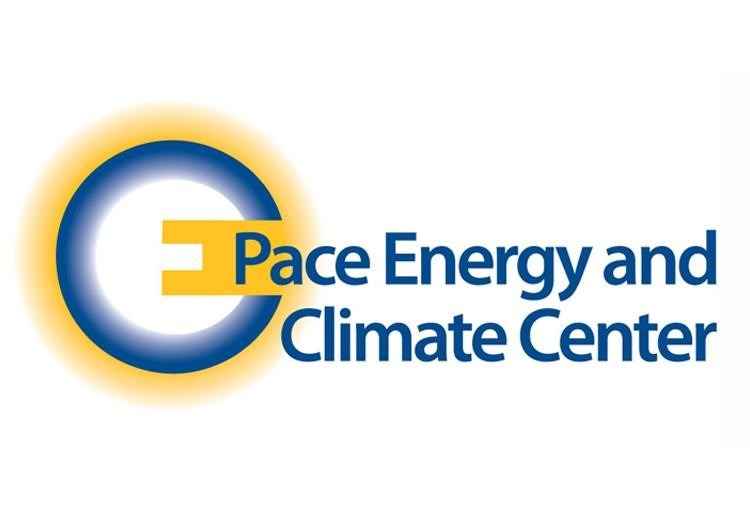ALTERNATIVE POWER REPORT
Researchers from the University of California, Berkeley, and Lawrence Berkeley National Laboratory have released a study which examines “the technical outlook, economic feasibility, and environmental impact of battery-electric containerships.” By modelling 5 to 10 GWh electrified containerships, they found that 40% of routes today could be electrified in an economically viable manner, before considering environmental costs.
Using only technology available for purchase today, nearly all ships with routes shorter than 2,000 kilometres are economically advantageous, and ships with routes as long as 3,000km are economically viable.
Source: PV Magazine Read The Article
PSR Analysis: Ships transport more than 10 billion metric tons of cargo each year, including clothing, electronics, and oil, and almost all of these ships run on fossil fuels, so they emit a lot of carbon pollution. Maritime shipping causes about 3% of global greenhouse gas emissions. As the costs of large ICE containerships continue to rise electrified containerships become increasingly cost effective. Electrified containerships are 80% more efficient than their ICE counterparts, and use 30% less energy overall. PSR
Guy Youngs is Forecast & Adoption Lead Analyst at Power Systems Research





